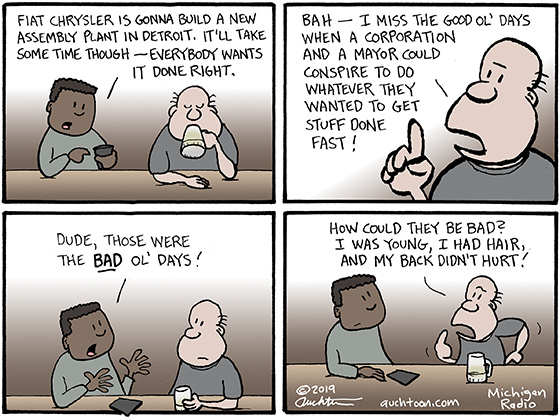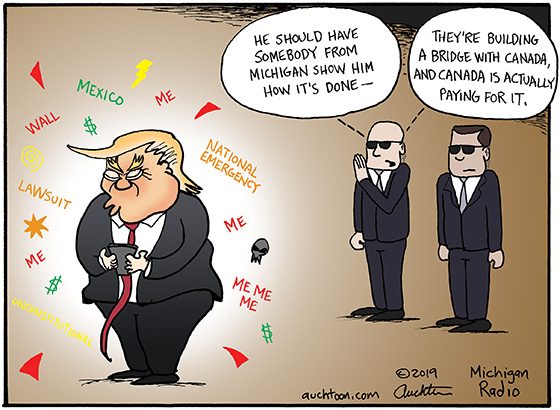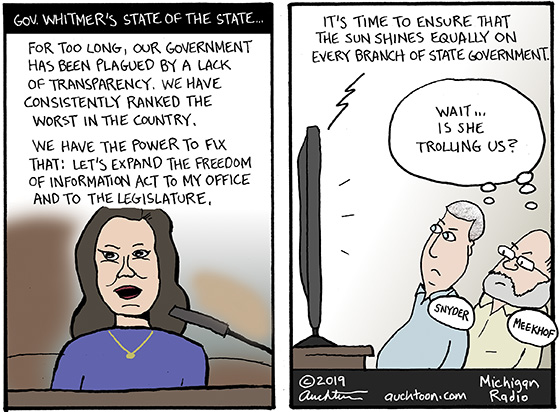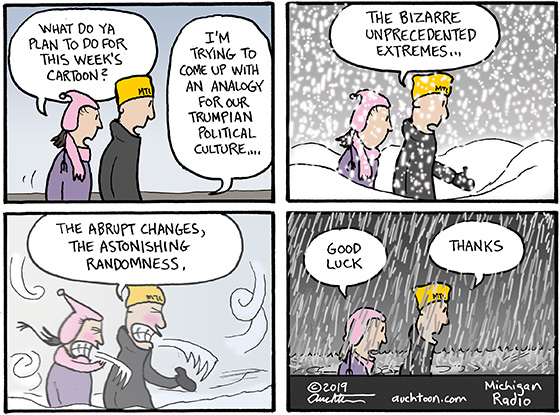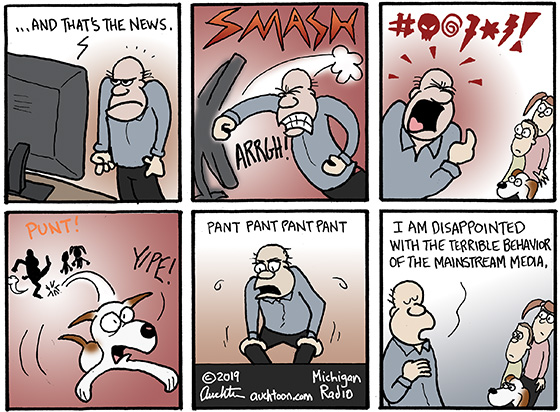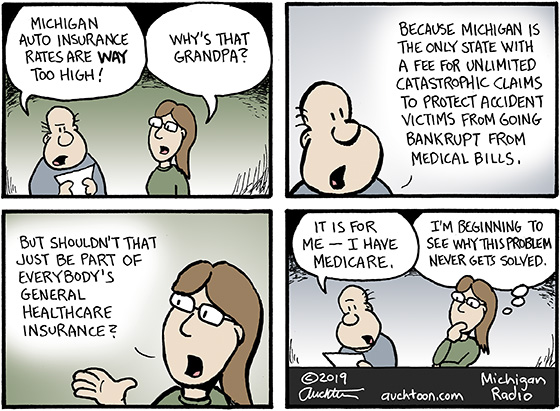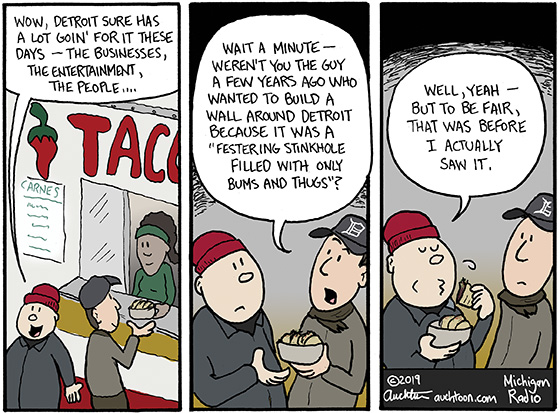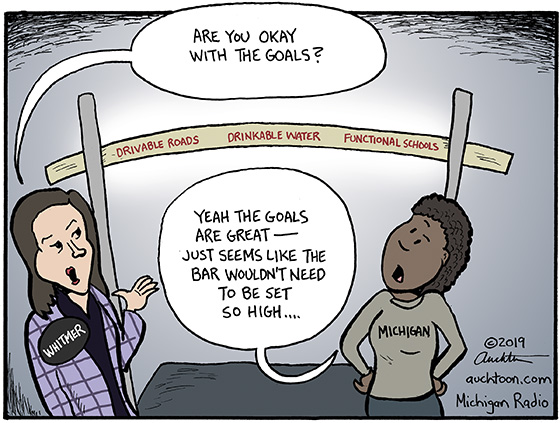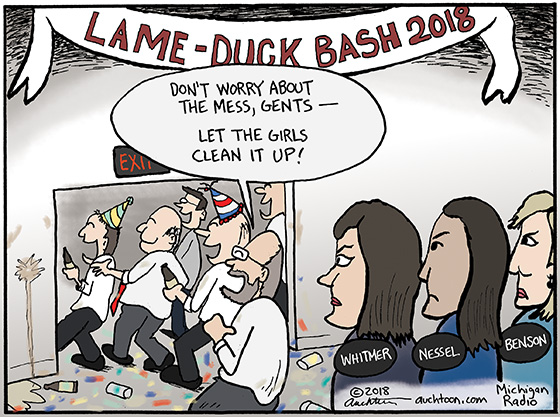Raise the Gas Tax?!

One of my pet peeves is when somebody with a good paying, white collar job chooses a ginormous pickup truck for their commuter vehicle and then complains bitterly when the price of gas goes up. The world is not conspiring against you, Karen! You made your choice — deal with the consequences!
So when Governor Whitmer floated the idea this week of raising the gas tax, I imagined that the Karens of Michigan were going to be quite put out. A brief workplace and online sampling confirmed this. To be clear, I don’t begrudge those on fixed incomes or with lives that require a pickup truck for not being happy with potentially higher gas prices. Taxes with such a direct and obvious economic impact are especially unlikable.
To that end, I’m guessing our Michigan-based automakers are not terribly thrilled with the gas tax idea. All three have now clearly gone all in on a pickup/SUV future. It’ll be interesting to see if they weigh in on what they would perceive as a more fair revenue source.
But that leaves us with the question of what would be more “fair.” We’ll find out soon enough as Whitmer negotiates the budget with the Legislature. Initial reactions from Republicans have been positive. They’re leery of such a large gas tax and expressing displeasure with potential adjustments to corporate taxes. But nobody is denying that our roads have been neglected for so long that significant spending will be required to fix them.
No tax is ever completely fair. But whatever gets negotiated should be as evenhanded as possible. So for those hybrid and electric vehicle owners who are a little too satisfied with sticking it to the gas guzzlers: You won’t get off so easy, Chad! We’re all expecting you to pay for fixing the roads, too!
